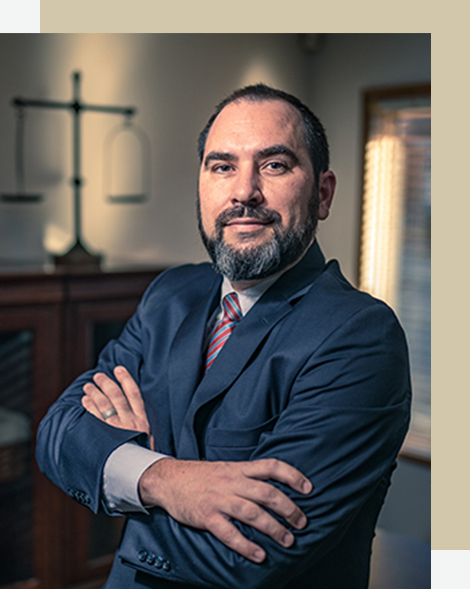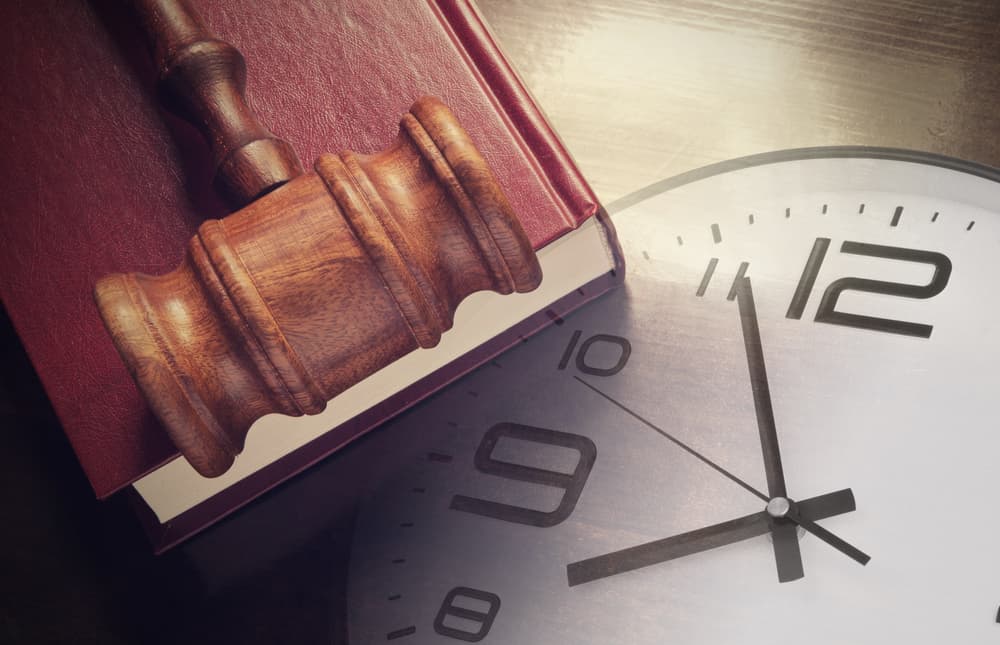
A personal injury can leave you with a stack of medical bills and a schedule full of doctor’s appointments and treatments. This is not to mention the lost time from work, resulting in thousands of dollars in lost income.
You may think that your situation is hopeless. You may even consider filing for bankruptcy to dig yourself out of your financial hole.
If you recently suffered an injury in an accident, you may wonder how long your case will take to resolve. Since most personal injury cases begin with insurance claims, the process can be lengthy.
No personal injury victim should face financial burdens while recovering from an accident. When you hire the right personal injury attorney, you hire a legal team ready to fight for the compensation you deserve, no matter how long it takes.
Proving Liability
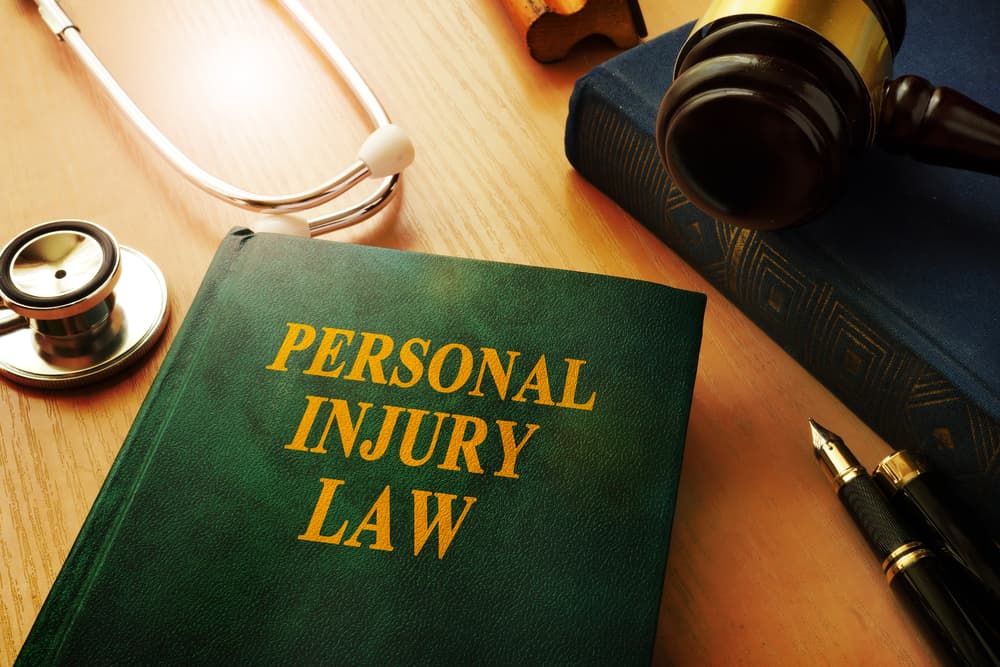
Another party’s negligence causes a personal injury.
For an injured party to recover damages, you must show that the following components of negligence apply to your case:
- Duty: The defendant owed you a duty of reasonable care;
- Breach: The defendant violated that duty through an act or omission;
- Causation: The defendant’s actions caused your injuries;
- Damages: Due to the defendant’s actions, you have suffered measurable injuries and losses.
A personal injury is not typically straightforward, requiring you to obtain experienced counsel to support your case. Depending on the amount of evidence and the difficulty of proving the wrongful party’s negligence, it may take several months or even over a year to reach a settlement.
The Length of Your Recovery
The severity and extent of your injuries play a significant part in determining how long a personal injury case will take to settle. This is because a personal injury case will not typically settle until your treatment concludes.
For instance, if you suffered a hip fracture in a slip-and-fall, depending on the severity of the fracture, you may need surgery. There is no knowing how long your recovery will take or if you will need further surgeries or treatments. In this situation, you likely want to wait until you reach maximum medical improvement (MMI) before settling your case.
In other cases, you may need physical therapy before surgery. This can involve a time-consuming process of trial and error.
Considering all of this, it may take months or even years before you reach MMI. A treating physician must determine MMI. It does not mean you are cured but have reached the most medical improvement possible following an accident.
At this point, most surgeries and treatments will be complete following your initial injury. That is why you must wait until you reach MMI before settling your case.
Amount of Relevant Evidence
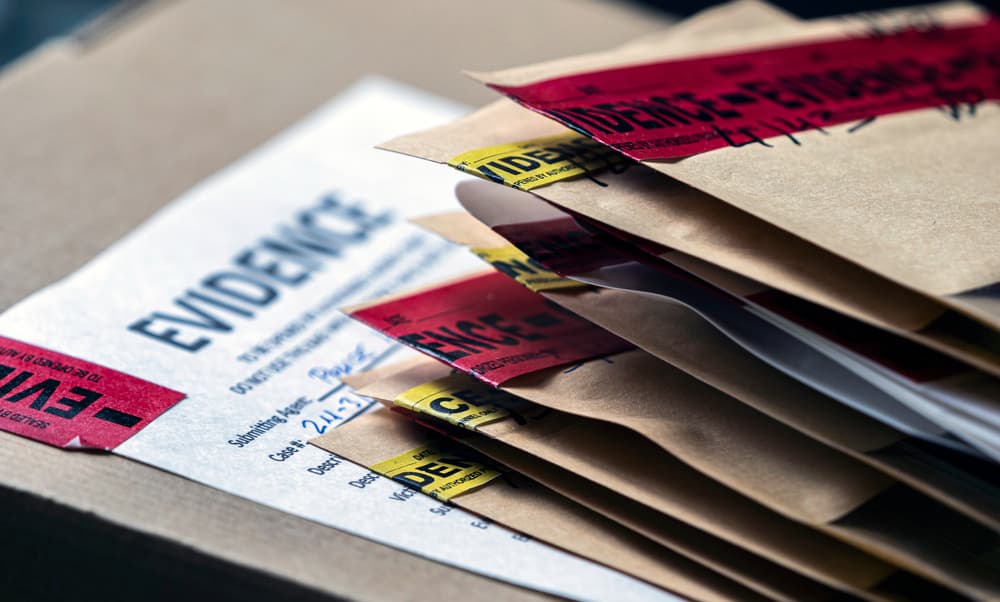
Accidents with little supporting evidence or a large amount of evidence may take more time to investigate. In situations with scarce evidence, insurance might require more time to investigate to fill in any gaps in how the accident occurred.
Conversely, accidents with large amounts of evidence can take more time to investigate thoroughly. This is common in certain personal injury cases, such as truck accidents.
Besides physical evidence, commercial trucks also have hardware attached to the engine that details how many hours the trucker has been driving, known as electronic logging devices (ELDs).
An ELD tracks every time the engine turns on and off, the miles traveled in a given day, the truck’s speed, and any harsh braking. Accessing and interpreting this extensive evidence takes time, further delaying a settlement.
It is not your responsibility to gather relevant evidence. A personal injury lawyer will determine which avenues should be pursued in gathering pertinent information regarding your case.
Moreover, a personal injury lawyer knows the law and will keep track of important deadlines to ensure the court does not dismiss your case on a technicality.
Number of Agencies Investigating Your Case
The type of personal injury accident will determine if state or federal agencies investigate your case.
While the local police department investigates most car crashes, both the police and the Federal Motor Carrier Safety Administration may investigate truck accidents. Additionally, truck accidents that result in any fatalities are investigated by the National Transportation Safety Board (NTSB).
More investigative agencies mean more information and a longer settlement timeline.
Settling With Insurance or Litigating Your Case
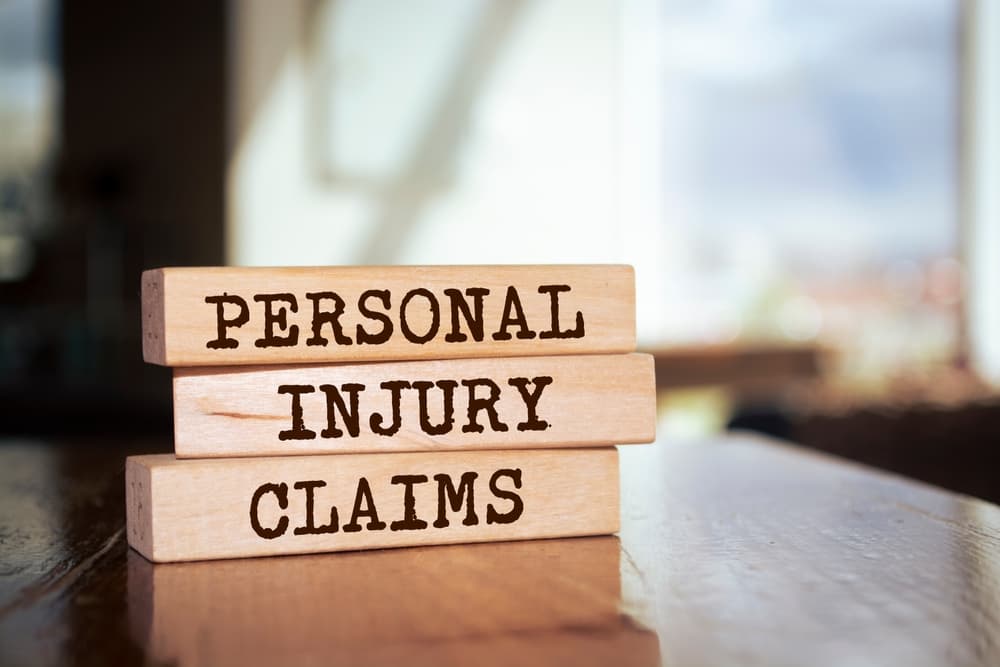
Settling a personal injury case will almost always take less time than litigation. Insurance companies usually stick to specific timelines, including how long they have to acknowledge your claim, notify you of any delays, and accept or reject your claim.
On the other hand, if you decide to bring your case to court, the bulk of the first several months will be devoted to the discovery process. Discovery is the formal exchange of information between opposing parties in a lawsuit.
Personal injury suits may involve four forms of discovery:
- Interrogatories: a formal set of written questions submitted to the adverse party
- Depositions: out-of-court testimony given under oath; each party can question a set of witnesses, including the opposing party’s witnesses
- Requests for admission: one party asks the opposing party to admit or deny a set of statements
- Requests for production: requests for electronic documentation and other physical evidence submitted to the adverse party
Both parties may request additional time for discovery, but this usually requires the court’s approval. Pre-trial proceedings take up the majority of litigation. Your complaint may take a long time to reach trial.
Injured? Speak with a Personal Injury Lawyer Today
A personal injury can leave you both emotionally and financially drained. When you work with a trusted personal injury team, however, you work with counsel who will advocate on your behalf. If insurance companies refuse to offer you the settlement you deserve, your attorney should not be afraid to bring your case to a judge.
